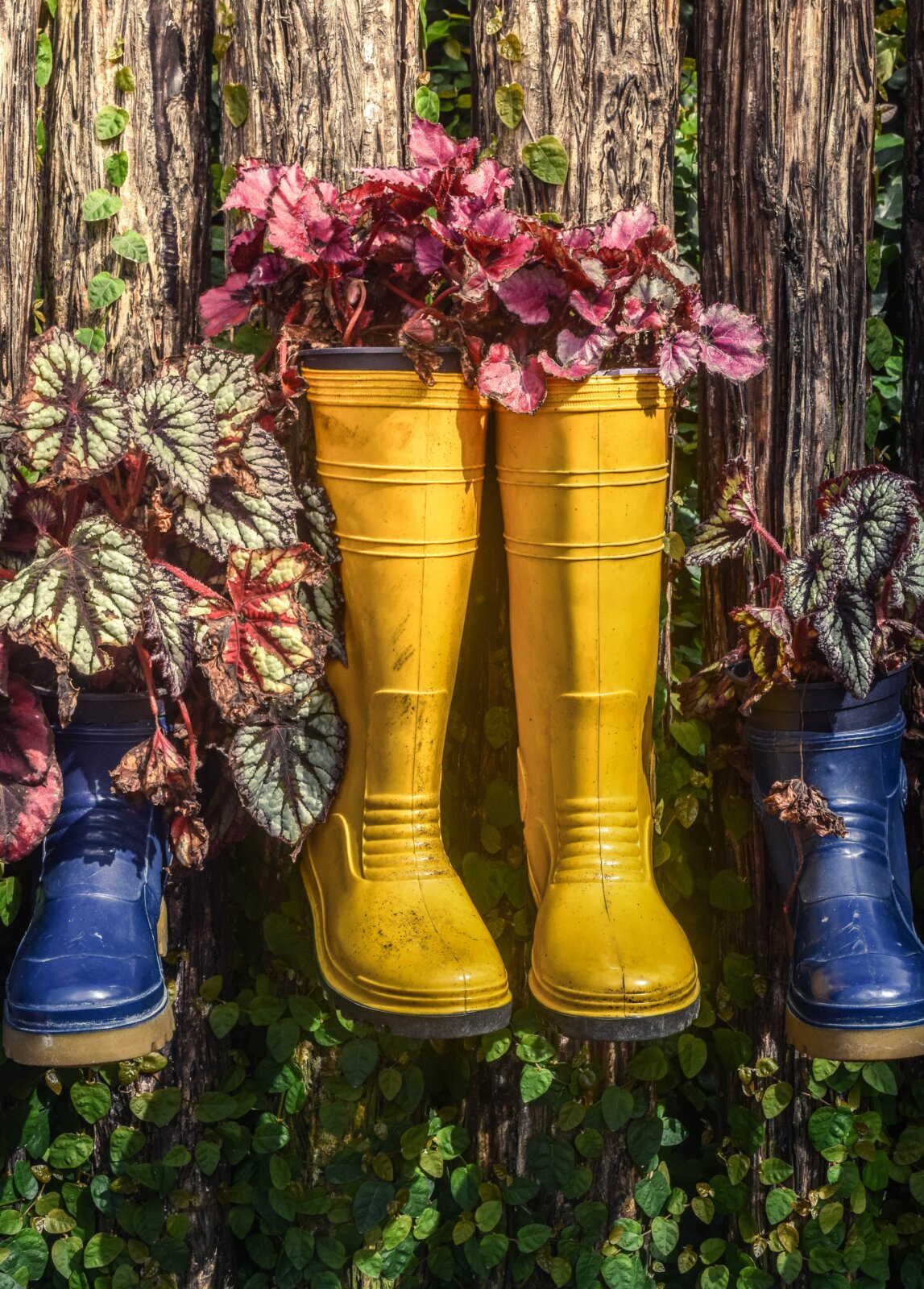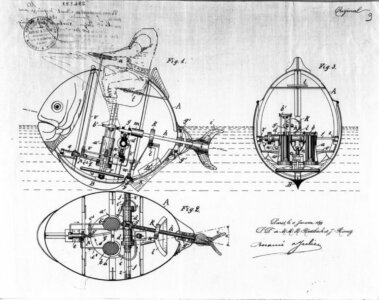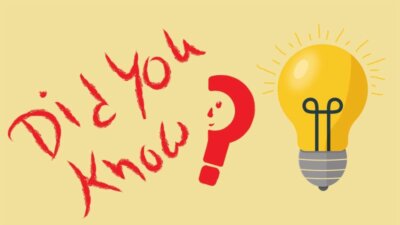Climate change impacts businesses in all sectors and the textile industry is no exception. Fashion is often pointed out for its high environmental impact and is estimated to be responsible for as much as 10% of global greenhouse gas emissions. In Europe, the textile industry would even be placed in the 4th position amongst sources of impact on the environment, after food production, housing and transport. Fast fashion is particularly questioned because of its practices leading to excessive consumption of disposable and cheap clothing.
To deal with this, public authorities, but also businesses, driven by the demand of some consumers for more ecological fashion, are looking for solutions. Reducing the environmental footprint of this sector will necessarily involve regulation, greater awareness of consumers for more local and durable products; innovation will also be needed from many firms. This is the topic of this article.
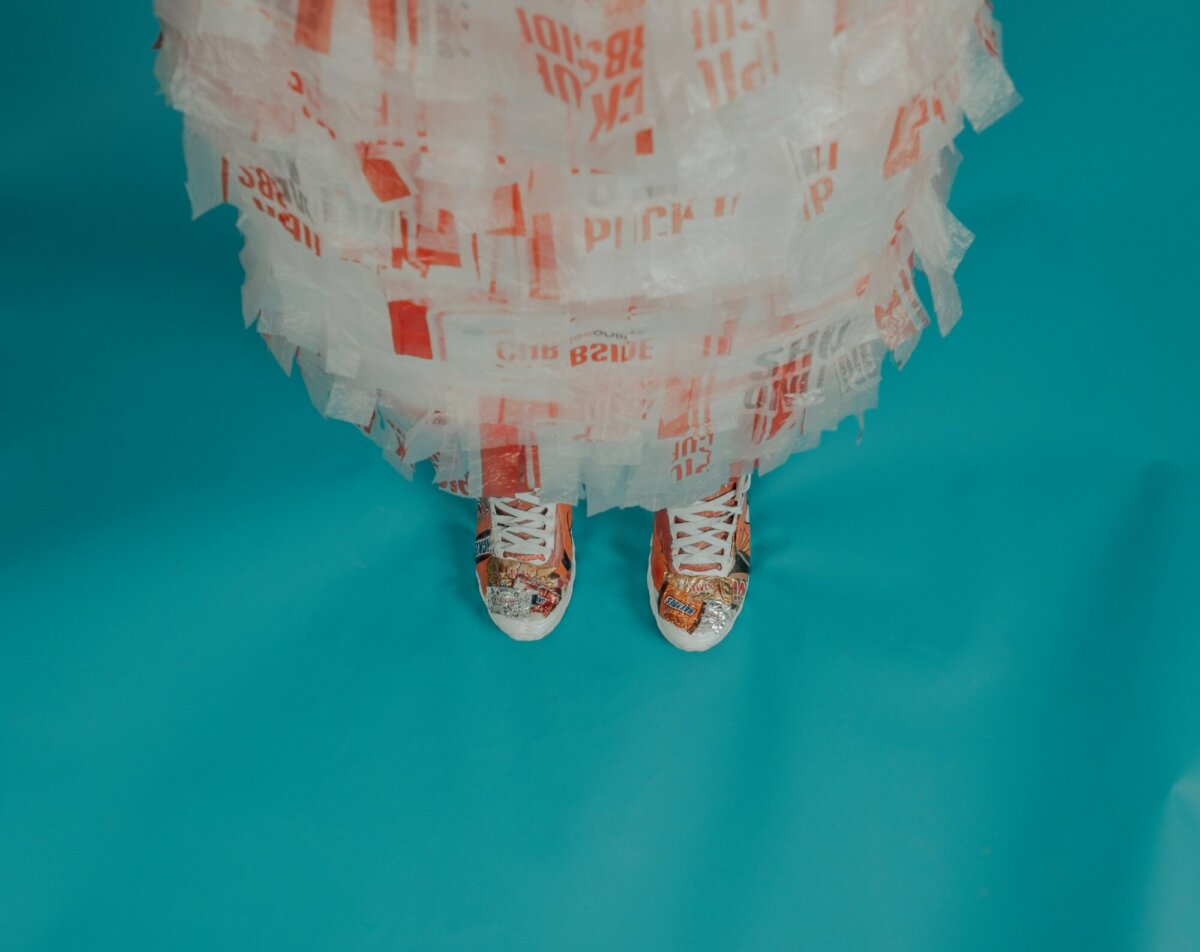
Towards a circular fashion
Today, brands are increasingly seeking to offer “sustainable fashion”, that is, clothing manufactured in a way that does not affect the environment or damages workers rights. This is the case, for example, of these brands which propose clothing or accessories made from plastic waste or food processing waste, for example fishing nets: Alcyonides valorize discarded fishing nets to make eco-responsible swimsuits, whereas Armor Lux transforms them into glasses. Friendly Frenchy uses clamshells or grape seeds to manufacture original eyeglasses. Several brands are also starting to manufacture shoes using sugar cane or apple waste (such as Zebra shoes in “Appleskin”, an apple-derived material looking like “leather”). Aside from selling sugar cane soles, Allbirds makes shoes from merino sheep wool and has created a fiber mixing eucalyptus, wool and discarded crab shells.
Very innovative, Bolt Threads produces several materials, fibers, for the textile industry, from mycelium of fungi, or silk fibers based on the study of spider webs for greater resistance.
Lastly, a trend that you are probably familiar with: t-shirts and other clothing are more and more made from organic cotton.
Beyond the materials, some dyes are highly toxic for the environment or hazardous for humans. Here is an example of a company working on the subject: the start-up Blue & Pastel has revisited a natural pigment – pastel blue – which is an alternative to the synthetic indigo.
Better production management
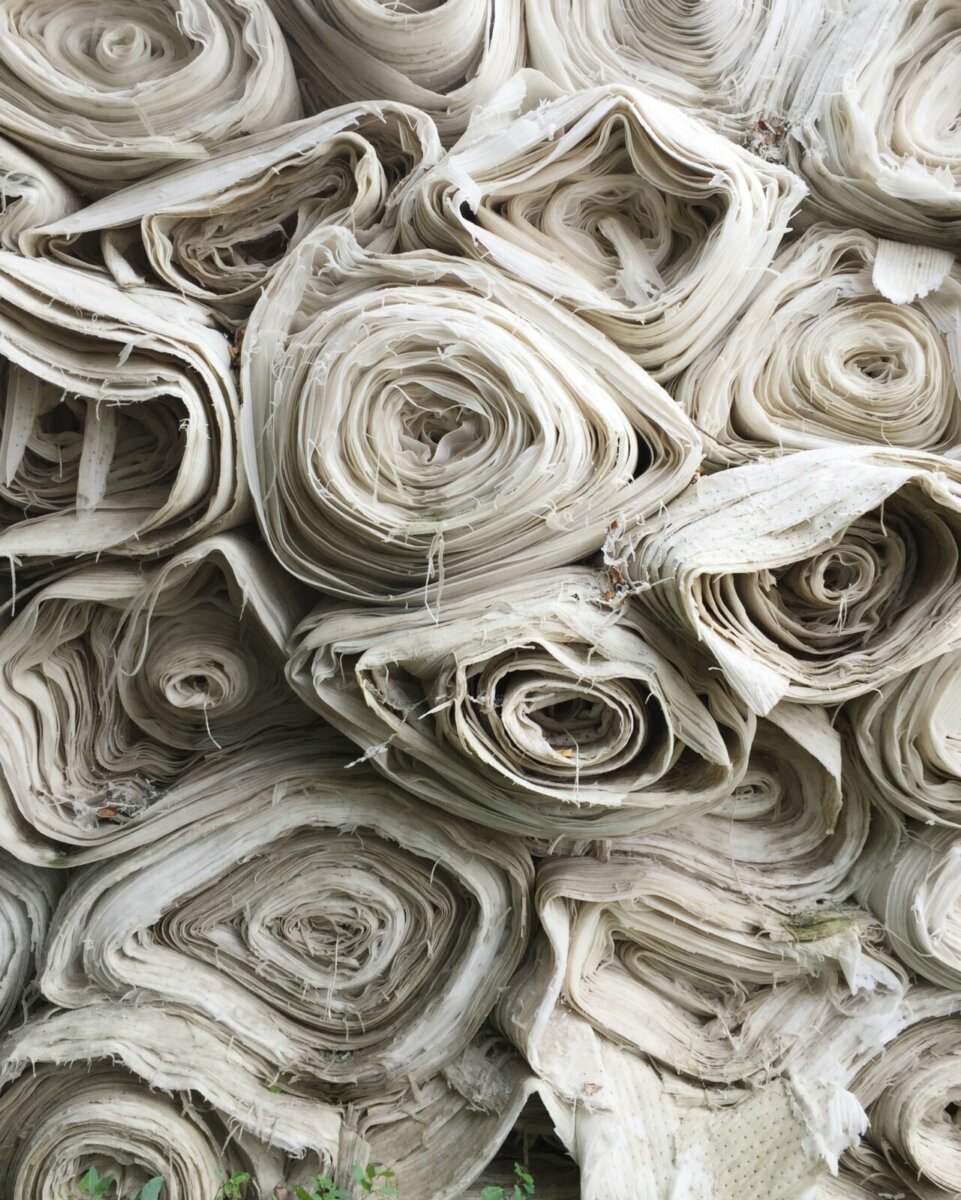
Innovation in fashion also involves better management of production with the aim of limiting overproduction and therefore unsold goods. It leads sometimes to a manufacturing on demand, where brands launch pre-order phases (the clothes are not yet manufactured) until a deadline. On the indicated date, the order is placed with the manufacturer in the reserved quantities and the customers can later be delivered.
Delivery times are longer than for traditional brands, but companies have little or no inventory, which improves the environmental impact in addition to limiting certain costs (storage, intermediaries, etc.). Among these brands, we can cite Plume Paris or Asphalte.
More technological, the Livetrend platform uses data and artificial intelligence to analyze trends, trend forecasts and competitor announcements in order to make more accurate predictions for the next seasons. Brands will be able to use this tool to adapt their production by reducing, in particular, the quantity manufactured of clothing and accessories that risk being “off-trend”.
Recycling as part of the solution
Produce better and less is good, but what to do with clothes that are damaged or thrown away?
Here again, several solutions are on the market for both small and large retailers, depending on the condition of the clothes: sale as second-hand, transformation or recycling.
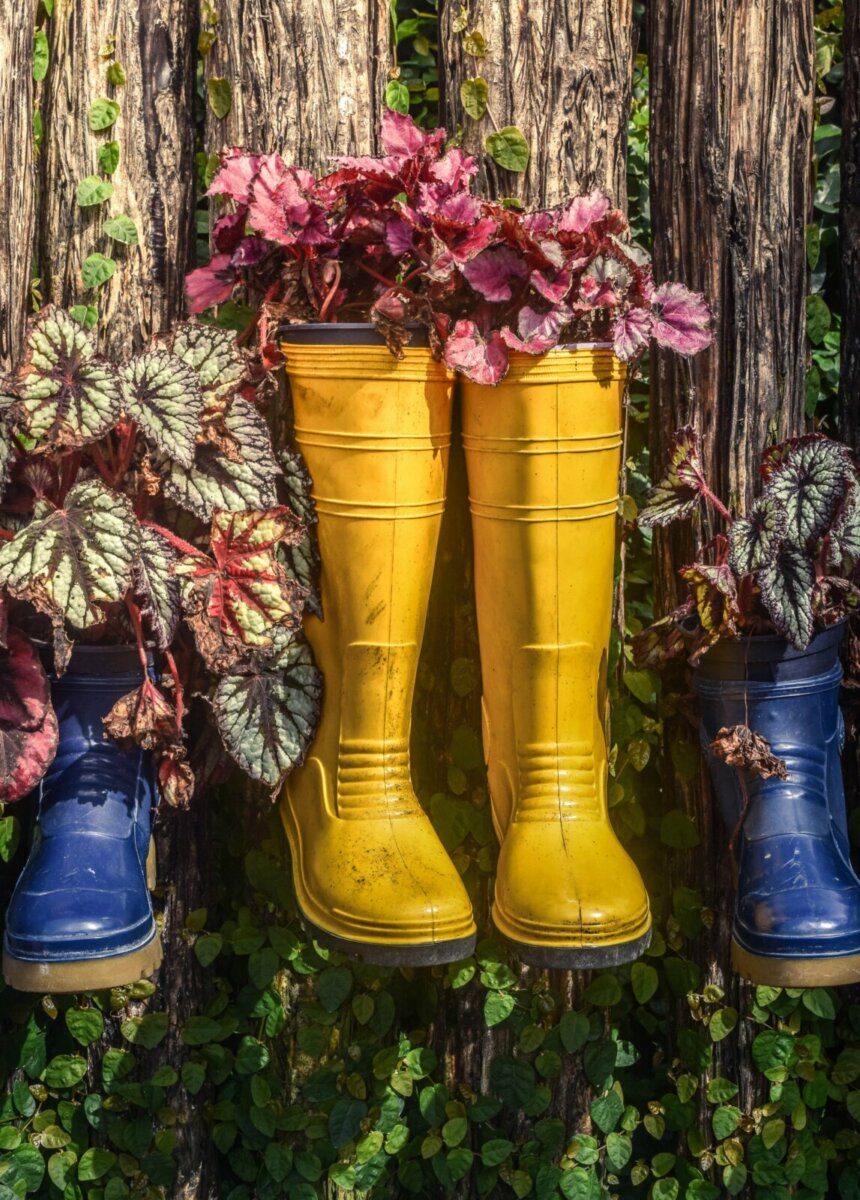
This is what the giant H&M offers, for example, in its clothing collection program deployed globally in 2013: customers are invited to drop off their used clothes in store in exchange for discount vouchers. One of its partner then sorts the clothes to either sell them second-hand, transform them into other products (fabrics, rags, etc.), or transform them into fiber to produce insulation materials.
Second-hand goods are on the rise, and this is what makes the current success of recycling centers and websites like Vinted or Leboncoin. But more recently, upcycled clothing has appeared. In this area, we think, for example, of brands like RESAP Paris or Losanje, which sort and clean second-hand spare parts or rolls end to reassemble them and create original and sometimes unique models.
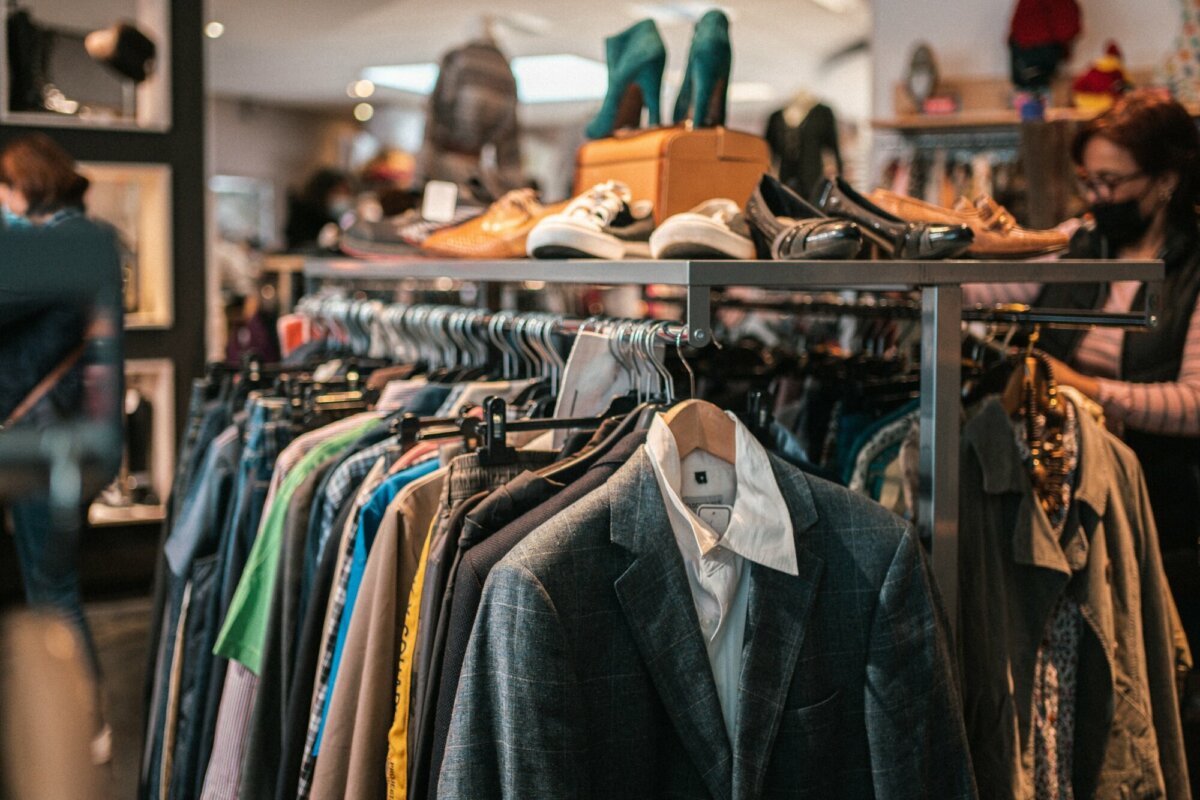
Finally, another innovation in the field of textile recycling, Cetia (Hendaye) is working on machines to sort textiles by composition and color, isolate fibers, and automatically separate shoe soles. This is the first innovation platform dedicated to textile and leather recyclability. Among the new features, the automation of the removal of shoe soles (Re-Shoes program on the recyclability of soles), when at the moment this operation is carried out by hand, or most often not at all. All this is made possible thanks to an investment in R&D, the use of artificial intelligence, image processing and robotics.
Photo credit: Unsplash

